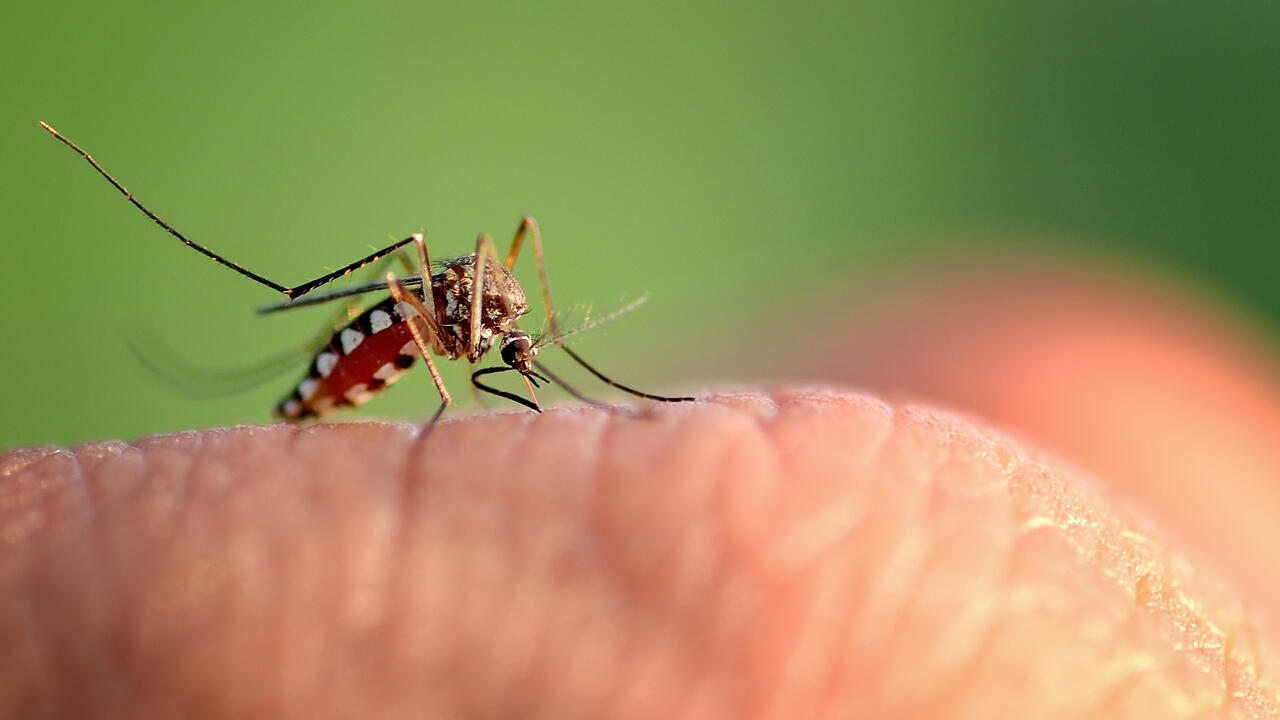Extension for Real Life
Tips to Reduce Mosquitos

AdobeStock_259349672 copy
Itch, itch. Scratch, scratch! Mosquito season is alive and well here in Mississippi. These insects are most active when the temperatures are above 50°F, meaning they’re here in the South for a good chunk of the year.
Mosquitoes are naturally drawn to me. If there is one in the area, it will come find me. That results in itchy bites that are hard not to scratch. That raises the question, what’s the best way to repel mosquitoes in your home landscape? Well, the best offense is a good defense.
We’ve all heard that growing certain plants can deter mosquitoes from the area. But a few scattered plants are unlikely to have an impact on the mosquito population in your yard and are not an overall effective method.
The better approach is to manage areas where they breed. It’s important to know that mosquitos breed in standing water.
Check these common mosquito breeding sites and eliminate any standing water:
- open trash bins
- leaky hoses
- tires
- rot holes in trees
- potted plant saucers
- pet water bowls
- ponds
- fountains and bird baths
- clogged rain gutters and drains
- wagons and other toys
If you have bird baths or small ponds, consider treating the water with larvicide, such as Mosquito Dunks. Larvicides come in various forms, including pellets, tablets, granules, briquettes, dunks, and bits. Some larvicides are relatively safe for people, pets, and the environment. Other chemical products require more caution. Always read and follow the label directions of any larvicide product you use.
To further protect yourself, consider wearing long sleeves and long pants when outdoors. We know it’s sweltering hot, but taking this extra measure is a great option to prevent mosquito bites. Applying mosquito repellants, such as those with DEET, can also help.
Looking for a few additional resources? Check out MSU Extension Publication 3826, “Integrated Mosquito Management.”
For more information about larvicides, visit the U.S. Centers for Disease Control and Prevention.
Authors
-
 Marketing & Communication Coor
Marketing & Communication Coor- Agricultural Communications